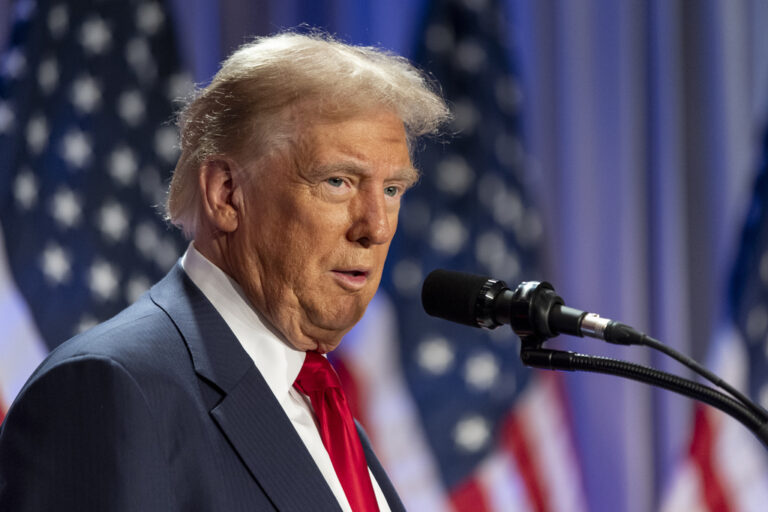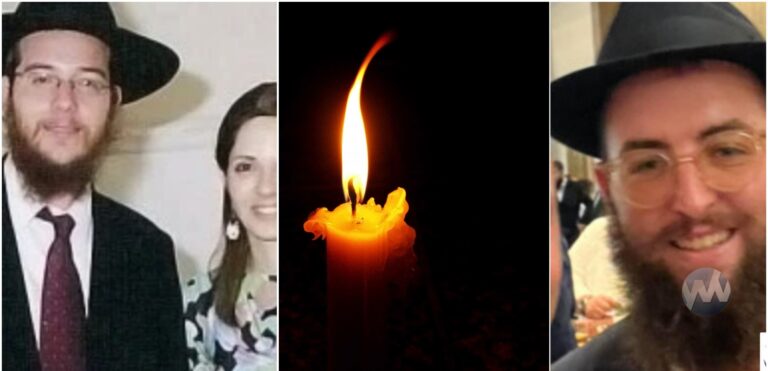 House Republicans nominated Rep. Paul Ryan on Wednesday to become the chamber’s next speaker, rallying behind a youthful overachiever they hope will guide them out of weeks of internal feuding and disarray and point the party toward accomplishments they can highlight in next year’s elections.
House Republicans nominated Rep. Paul Ryan on Wednesday to become the chamber’s next speaker, rallying behind a youthful overachiever they hope will guide them out of weeks of internal feuding and disarray and point the party toward accomplishments they can highlight in next year’s elections.
Ryan, R-Wis., was his party’s 2012 vice presidential nominee and is considered a telegenic spokesman for conservative priorities. When the full House formally elects the 45-year-old as speaker Thursday, he will take charge of a chamber whose Republicans have been riven and rudderless since John Boehner, R-Ohio, stunned his colleagues by announcing his resignation from the top post last month.
Ryan won a secret-ballot election held in the same hearing room where GOP lawmakers last week grilled Hillary Rodham Clinton, the top Democratic presidential contender, on the deadly 2012 attacks on Americans in Benghazi, Libya.
“This begins a new day in the House of Representatives,” Ryan told reporters in brief remarks after the vote. “Tomorrow we are turning the page. We are not going to have a House that looks like it looked the last two years. We are going to move forward, we are going to unify.”
Ryan defeated his main announced rival, Rep. Daniel Webster of Florida. Ryan received 200 votes and Webster 43. Rep. Marsha Blackburn of Tennessee got one vote, and Majority Leader Kevin McCarthy of California, who abandoned his bid for speaker, also got one.
The House has 247 Republicans.
Ryan initially preferred to keep his current job as chairman of the House Ways and Means Committee, where his domain includes taxes and health programs and trade — issues where he’s sought to put his imprint.
He was talked into seeking the speaker’s post by establishment Republicans who saw him as best able to unify the tattered House GOP. Taking command of the fractious House could make it harder for Ryan should he decide to run for president someday, with history showing just one speaker or ex-speaker ever reaching the White House — James Polk in 1844.
Ryan, a 17-year House veteran, will be the youngest House speaker since Rep. James Blaine, R-Maine, who was 39 when he was speaker in 1869.
GOP lawmakers tabbed Ryan as leader the same day the House planned to approve a bipartisan budget deal that congressional leaders struck with President Barack Obama after weeks of secret negotiations.
That pact would authorize government borrowing to pay its bills and set overall defense and domestic spending limits for the next two years. The Senate seemed likely to give it final congressional approval in a few days.
Enactment of the package would eliminate the chance of an economically disastrous government default next week and decrease the odds of a December federal shutdown. Top Republicans are intent on avoiding those clashes for fear of damaging voters’ views of the party in the run-up to next year’s presidential and congressional elections.
Boehner’s departure — and the derailing of his expected successor, Majority Leader Kevin McCarthy, R-Calif. — were prompted by hostility from hard-line conservatives, including several dozen who comprise the House Freedom Caucus. Most of that group’s members said they would back Ryan, but he has a history of compromising on some issues with Democrats and their relationship seems certain to be tested in the months ahead.
Boehner has a conservative voting record, but he ran afoul of the Freedom Caucus over his penchant for occasionally striking deals with Obama and their resentment of punishment leaders inflicted on GOP lawmakers who defied him.
(AP)











One Response
Depends on which geometric spectrum being used to define
conservative